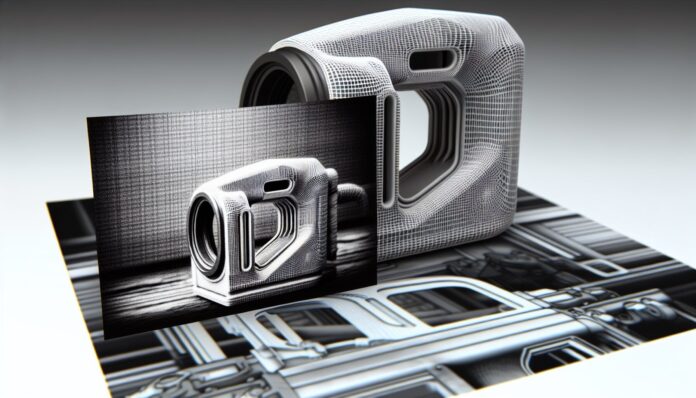Central Michigan University (CMU) is taking a bold step forward in the world of additive manufacturing. The university has recently upgraded its 3D printing lab with state-of-the-art equipment and rebranded it to better reflect its growing capabilities and mission. This transformation positions CMU as a regional leader in advanced manufacturing technologies.
Advanced 3D Printing Technology at CMU
The newly renamed CMU Center for Additive Manufacturing (CAM) is now equipped with a suite of cutting-edge 3D printers and related tools. These include industrial-grade polymer and metal 3D printers, 3D scanners, and post-processing equipment. The lab’s expanded capabilities allow for the production of complex prototypes, functional parts, and research-grade components across a variety of materials.
Among the new additions is a Markforged Metal X system, which enables metal part production using a bound metal deposition process. This system is ideal for creating strong, lightweight parts for aerospace, automotive, and medical applications. The lab also features a Stratasys F370, known for its precision and reliability in printing engineering-grade thermoplastics.
Supporting Research and Industry Collaboration
The CAM is not just a facility for student learning—it’s a hub for research and industry collaboration. Faculty and students are using the lab to explore new materials, optimize print parameters, and develop innovative manufacturing solutions. The center also partners with local businesses and manufacturers to provide prototyping services and technical expertise.
Dr. Mark Gillingham, director of the CAM, emphasized the lab’s role in bridging academia and industry. “We’re creating a space where students can gain hands-on experience with the same tools used in industry, while also supporting companies that need rapid prototyping and design support,” he said.
Educational Impact and Workforce Development
CMU’s investment in additive manufacturing is also a strategic move to prepare students for careers in advanced manufacturing. The CAM is integrated into engineering and technology curricula, giving students direct access to the tools and techniques shaping the future of production.
Workshops, certifications, and collaborative projects are part of the lab’s offerings, helping students build practical skills and industry connections. The university aims to become a talent pipeline for Michigan’s growing manufacturing sector, which increasingly relies on digital and additive technologies.
Looking Ahead: Innovation and Expansion
With its upgraded facilities and renewed focus, the CMU Center for Additive Manufacturing is poised for continued growth. Plans are underway to expand research into bio-printing, composite materials, and sustainable manufacturing practices. The center also hopes to attract external funding and partnerships to support its mission.
As additive manufacturing continues to evolve, CMU’s proactive approach ensures that its students, faculty, and regional partners stay at the forefront of innovation. The CAM stands as a testament to the university’s commitment to technological advancement and community engagement.
Source: Central Michigan University

